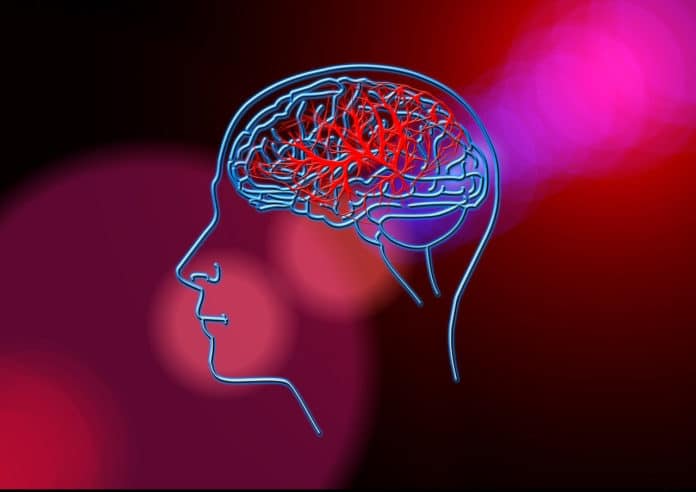Scientists are keen to find out ways to identify patients who are likely to experience a recurrent stroke. Patients with atrial fibrillation are more likely to have recurrent strokes.
Sometimes, the condition goes undetected and untreated.
Now, scientists at the Harvard University have developed a small chip that can detect the likelihood of recurrent stroke when placed under the skin. By monitoring heart rate and rhythm, the chip could help physicians determine atrial fibrillation in patients who previously experienced what’s called a cryptogenic stroke.
The chip comes in the size of less than 1¾ inches long and 1/6 inches thick. Scientists dubbed it an insertable cardiac monitor.
492 patients were randomized in the Stroke of Known Cause and Underlying Atrial Fibrillation (STROKE AF) trial. The patients completed 12 months of follow-up after receiving either an insertable cardiac monitor within 10 days of an initial stroke or usual care consisting of external cardiac monitoring through electrocardiograms or other tracking methods.
The chip successfully detected atrial fibrillation in 12.1 percent of patients. It was found that the episodes of atrial fibrillation were not brief, with most lasting at least one hour.
Most stroke experts would recommend that patients with this degree of atrial fibrillation start taking blood thinners to prevent a future stroke.
lead author Richard A. Bernstein, a professor of neurology at Northwestern University Feinberg School of Medicine, said, “We found that a significant minority of patients with stroke not thought to be related to atrial fibrillation actually have atrial fibrillation, but we can only find it with an implantable monitor.”
Senior author Lee H. Schwamm, C. Miller Fisher Chair of Vascular Neurology at MGH said: “Based on the study findings, we believe that patients with stroke who are similar to those in the STROKE AF Trial should now undergo long-term cardiac monitoring with an insertable cardiac monitor to identify unsuspected atrial fibrillation.”
“For every eight patients monitored, clinicians could expect to find atrial fibrillation in one of them in the first year. This could dramatically change the treatment recommendations by their doctor.”
In further studies, scientists want to identify patient factors that predict the development of atrial fibrillation and the duration and extent of the arrhythmia.
The study was conducted by investigators at Harvard-affiliated Massachusetts General Hospital (MGH) and Northwestern University Feinberg School of Medicine.
Journal Reference:
- Richard A. Bernstein et al. Effect of Long-term Continuous Cardiac Monitoring vs. Usual Care on Detection of Atrial Fibrillation in Patients With Stroke Attributed to Large- or Small-Vessel Disease. doi:10.1001/jama.2021.6470
